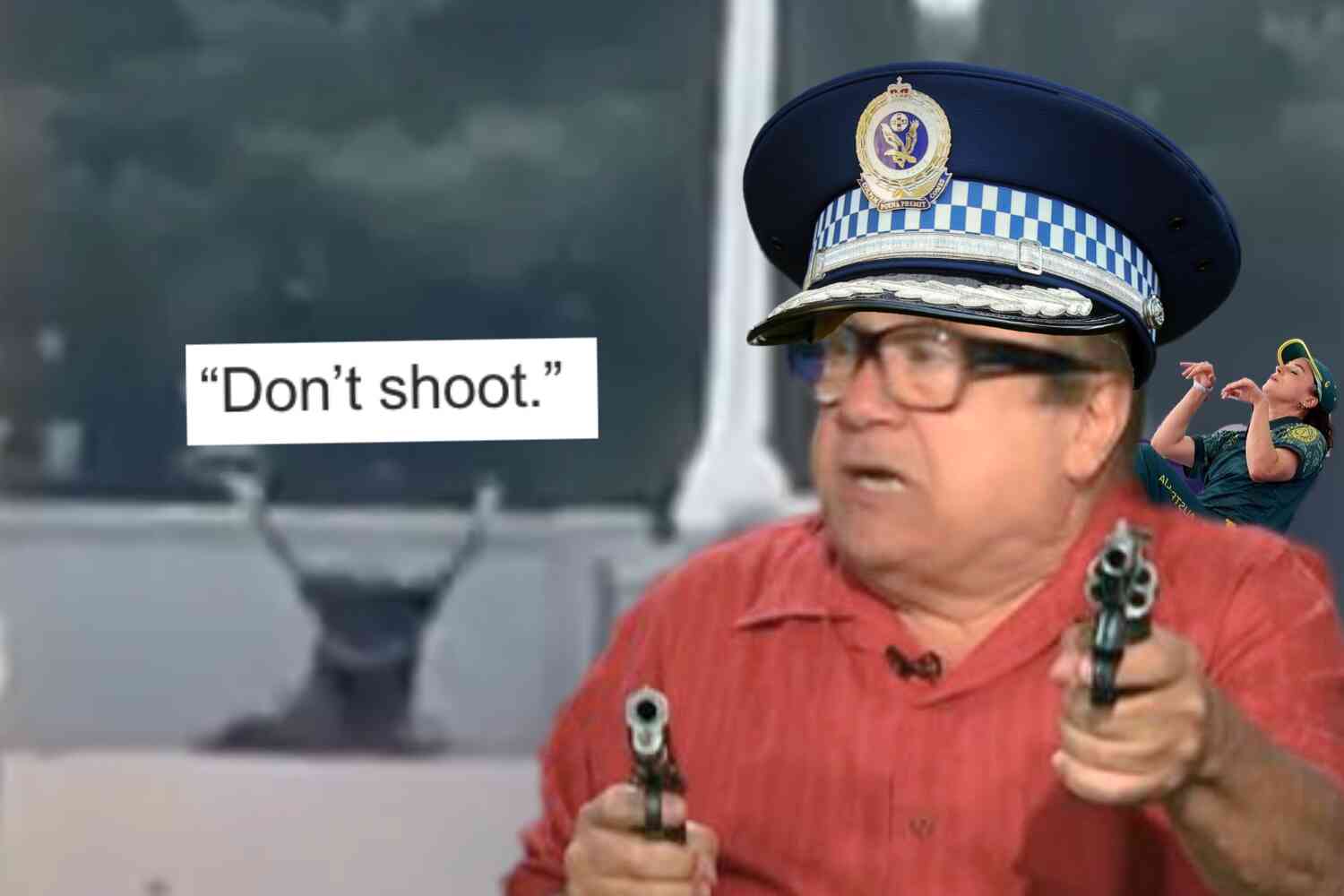When I was 31, I had just finished four years of grueling residency training and was preparing to finally start the next chapter in life with my growing family.
We had a beautiful one-year-old daughter, and my wife was pregnant with our second child. I never planned on being a doctor, and we were told that we would likely never be able to have children. Yet here I was, now a med school and residency graduate, and about to be a father of two.
The next day, the doctor had bad news. Something was wrong with the baby, and we did not know what. We cried and we wondered. Two days later, the numbers were worse. They told us to go home and to wait for the bleeding to start.
One week after the miscarriage, I stood in my office staring into nothing, trying to keep putting one foot in front of the other. That was when I felt my leg tighten up, and I could not loosen it. After a few minutes, it subsided, but then it happened again. I looked down at my calf and watched as my muscles moved of their own volition underneath the skin. Over the next several days, every muscle in my body started constricting of its own accord, and I could not stop it. When I say every muscle, I mean every muscle. My feet would suddenly turn. Single toes would pull down to the floor, unable to be straightened. The side of my hand would contract for minutes at a time, dimpling the skin. I could stare down and watch my stomach move in involuntary waves, my abdomen tightening until it was agonizing. I spent much of the next few weeks downing ibuprofen, waiting in MRI machines, getting poked and prodded with needles, and lying on the couch in pain. I did not know what was happening to me. I did not know if this was going to end my career. I did not know if I would even be able to play with my children.
Those first few months were terrifying, filled with pain both physically and psychologically. I was already prone to feeling guilt and shame. It has always been a part of my emotional constitution, for good and ill. Sitting on a chair with heating pads all over my body, trying to manage through another evening, I watched as my wife shouldered so much because of my weakness. She had to do everything for our young daughter. I felt so useless. I had to confront the question: what if this never changes? Was I doomed to be an absent husband and father? Was I going to be nothing but a burden to the family that I was supposed to love and protect?
Men were designed to be providers and protectors. It feels deeply unnatural for a man to need to rely so much on the strength of his wife. Yet, there were times I had no choice - and it was deeply humbling. I learned that my desire to be a strong provider was partially a holy calling, but also because I wanted to maintain a certain conception of myself. I was forcefully confronted with the absolute destruction of that conception. When your musculature has denied you control even of your own bowels, it's pretty hard to maintain the image of a dashing, put-together guy still sweeping his wife off her feet. I had let go of the most basic self-image that I had as a man, and in that mortification, Jesus met me there.
Jesus, in His graciousness, began to teach me in a new way what it means to be buried with Him. Letting that image of myself die didn't leave me worthless and unlovable. Our Jesus loved and cherished me regardless of my weaknesses. From my sweet wife, I began to see in a beautiful, heart-wrenching way what it feels like when a person loves you unconditionally. My value to my God and to my family was not crushed if my body was broken.
With the help of a Christian counselor, I began to bring my questions to the Lord instead of shouting them in rhetorical anger. If I had to spend an evening laying on the couch in pain, what could I still do to love my family and love the Lord? Well, I could pray. I could commune with the Lord and pray for my dear wife and daughter. From the outflow of those prayers, I could speak words of life and love to my family. Having a limitation did not mean I had to be fully defined by what I could not do.
Sure, laying on the couch and praying for my family was far removed from the picture I had in my mind of a good dad. But I am not the one painting the portrait. I am only here to do what the Lord calls me to do, in the capacity He has given me. I began to learn the difficult lesson that I am not the judge of what makes my own life good and meaningful. Mine is to serve the Lord and those around me with what I can do, as small as it might feel. And then, I have to let that be enough.
I am one of the lucky ones. After several months, the muscle contractions began to lessen in severity and ultimately became mostly mild. I was able to resume most activities and remain a practicing surgeon. Though the muscles have never stopped moving over seven years, and I still have flare-ups from time to time, my life looks essentially normal. During that recovery, I remember feeling thankful for so many things that, for a long time, I had forgotten to feel thankful for. I felt thankful in a new and profound way for the chance to go on a walk in the morning with my family. I felt a new gratitude for the sunrise. More than anything, the Lord graciously showed me anew that He would be there in the darkest depths with me.
In the most frightening times, the most painful of circumstances, the Lord would be there.
My God was not a god who did not understand suffering and torment. I was thankful for Him. I was thankful that He chose to walk the road of humanity and experience its darkness. Yes, bad things happen to good people, and it is beyond our reason. Bad things also happen to wretches like me. Yet, without a doubt, God is present in the pain. I may not understand it, but I do know He is there beside me. I do know He will provide peace and goodness in the suffering, if we will let him.
It is hard to let Him. I wanted to keep screaming at God, "I can't! I can't! I can't! Why can I not do these things?! Why can I not play with my daughter? Why can't I do the work that I trained so hard to do? I can't!"
Instead, I had to learn to say, "OK Lord ... I can't. I am a fragile human, and be it today or decades from now, my frailty will catch up to me. I cannot make it otherwise.
I let go of my grip on trying to make life what I think it ought to be. I let go of putting trust in my body, in my mere human nature. I can't. I'm human."
Instead of crying "I can't" in anger, I threw my arms around Jesus and said "I can't, but you can."
P.S. Now check out our latest video 👇
Disclaimer: The opinions expressed in this article are those of the author and do not necessarily reflect the opinions of Not the Bee or any of its affiliates.









